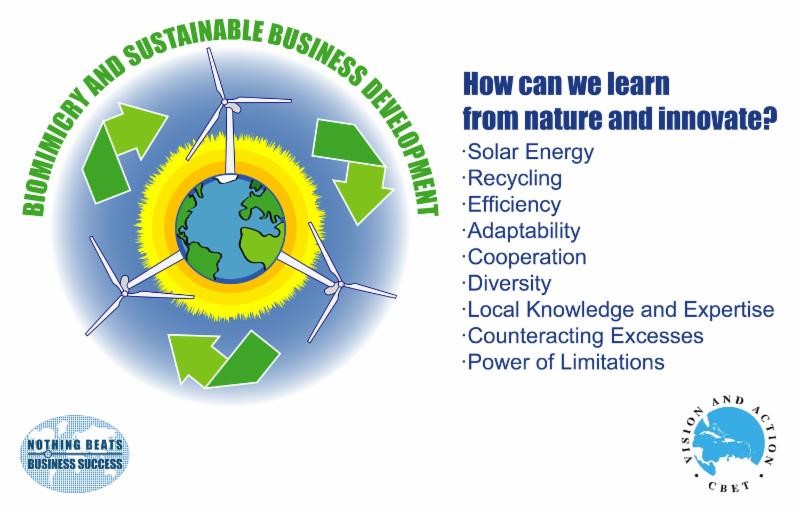“For freedom Christ has set us free. Stand firm, therefore, and do not submit again to a yoke of slavery.” – Galatians 5:1
The 2016 Olympic games are upon us where 10,500 athletes from 207 countries are competing in 28 sports. One of the emotions which I experienced while watching a part of the opening ceremony in Rio de Janeiro on Friday night was the wish for harmony and unity in the world.
Over the next several weeks, in this column, I am going to share my views as to how an Eastern philosophy, with roots dating back 5,000 years, can help other societies search for a sense of meaning and purpose, especially in the context of sustainable business development.
In an age when most people spend more time looking at a computer screen than out of the window, and when human interaction flies by at the speed of an email, I have been engaged in discussing a book which presents recipes for clarity, simplicity and wisdom in everyday life.
One section of the book “Biomimicry”, which is embedded in a Chapter on “Nature’s Wisdom”, tickled my fancy. The book, “wabi sabi – Timeless Wisdom for a Stress-Free Life” by Swedish expert Agneta Nyholm Winqvist, offers a ray of hope in her succinct and unadorned introduction to the Eastern philosophy of wabi sabi.
Biomimicry is an approach to innovation that seeks sustainable solutions to human challenges by emulating nature’s time-tested patterns and strategies. The goal is to create products, processes, and policies – new ways of living – that are well-adapted to life on earth over the long haul.
Little did I know when I embarked on my training and practice as a Biometrician nearly 50 years ago and dabbled in the application of design and statistical analysis to biological data, that I would now be fascinated and engrossed in Biomimicry. I have already introduced and received favourable feedback on the analogy between the systems of the human body and the systems of a business. My passion is to pursue this analogy to see if the robust behaviour of the human body can map over into the more fragile environment of a business to strengthen the business to the extent that the rate of business success among start-up businesses in the first five years is significantly improved to approach the level of success in the first five years of life of a human being.
How can we learn from nature and innovate?
In this context, subsequent columns will address:(1) Solar energy; (2) Recycling; (3) Efficiency; (4) Adaptability; (5) Cooperation; (6) Diversity; (7) Local Knowledge and Expertise; (8) Counteracting Excesses and (9) the Power of limitations. Hopefully, in each case, there will be messages which will stimulate our minds to provide answers to this question.

Christ has set us free to live a free life. So take your stand! Never again let anyone put a harness of slavery on you. Let us use the Divine freedom that we have received to explore and create a better place for mankind.
(Dr. Basil Springer GCM is Change-Engine Consultant, Caribbean Business Enterprise Trust Inc. – CBET. His email address is basilgf57@gmail.com and his columns may be found at www.cbetmodel.org and www.nothingbeatsbusiness.com.)
